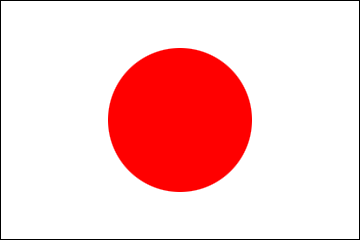Turnover Ceremony of the Banisilan Rubber Production, Processing and Marketing Enterprise under Mindanao Sustainable Agrarian and Agriculture Development (MinSAAD)
2016/8/16
Japan Information and Culture Center (JICC) - Press Release No. 44 - 2016
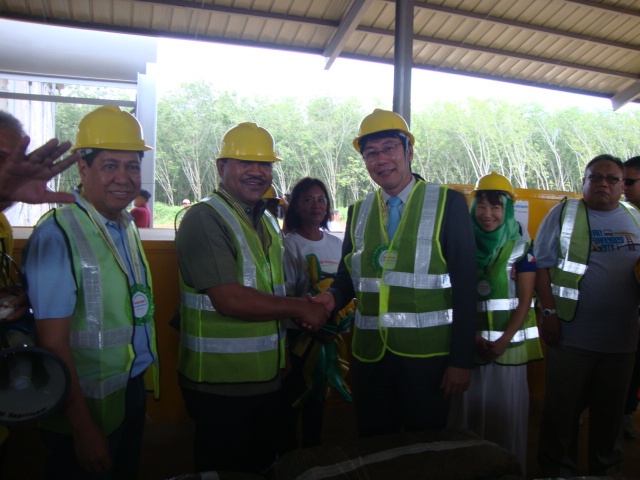
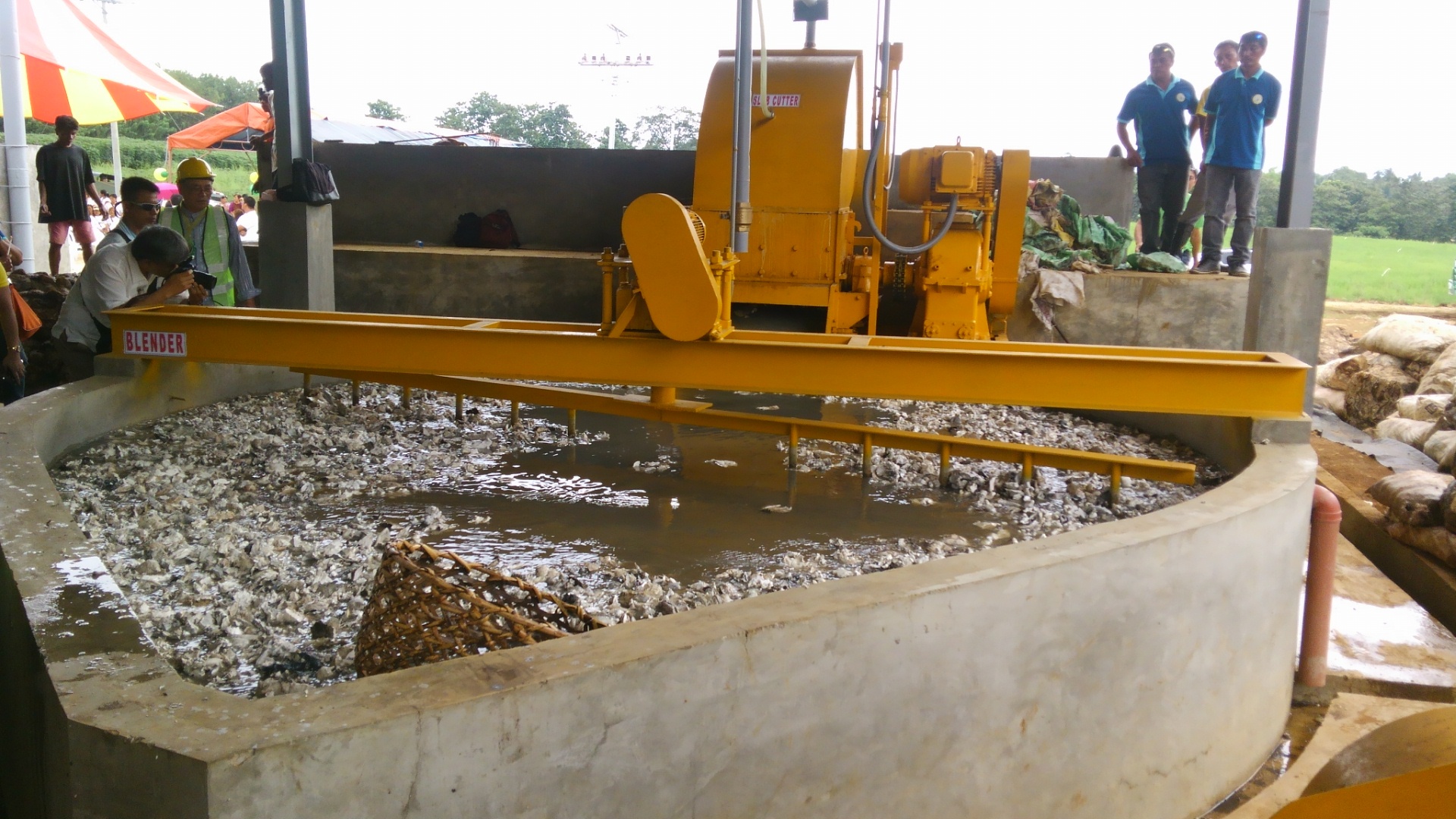
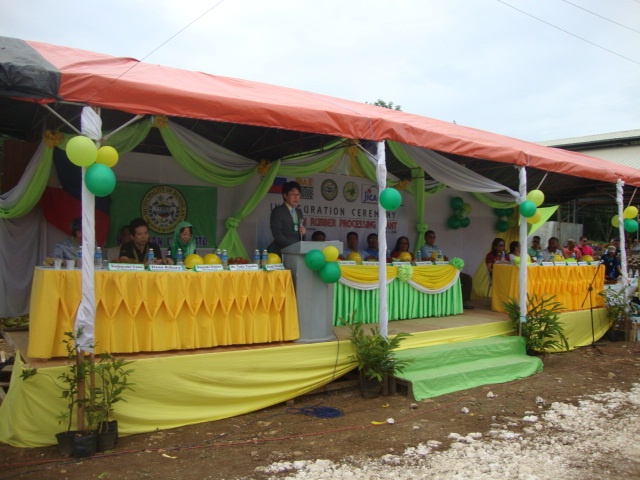
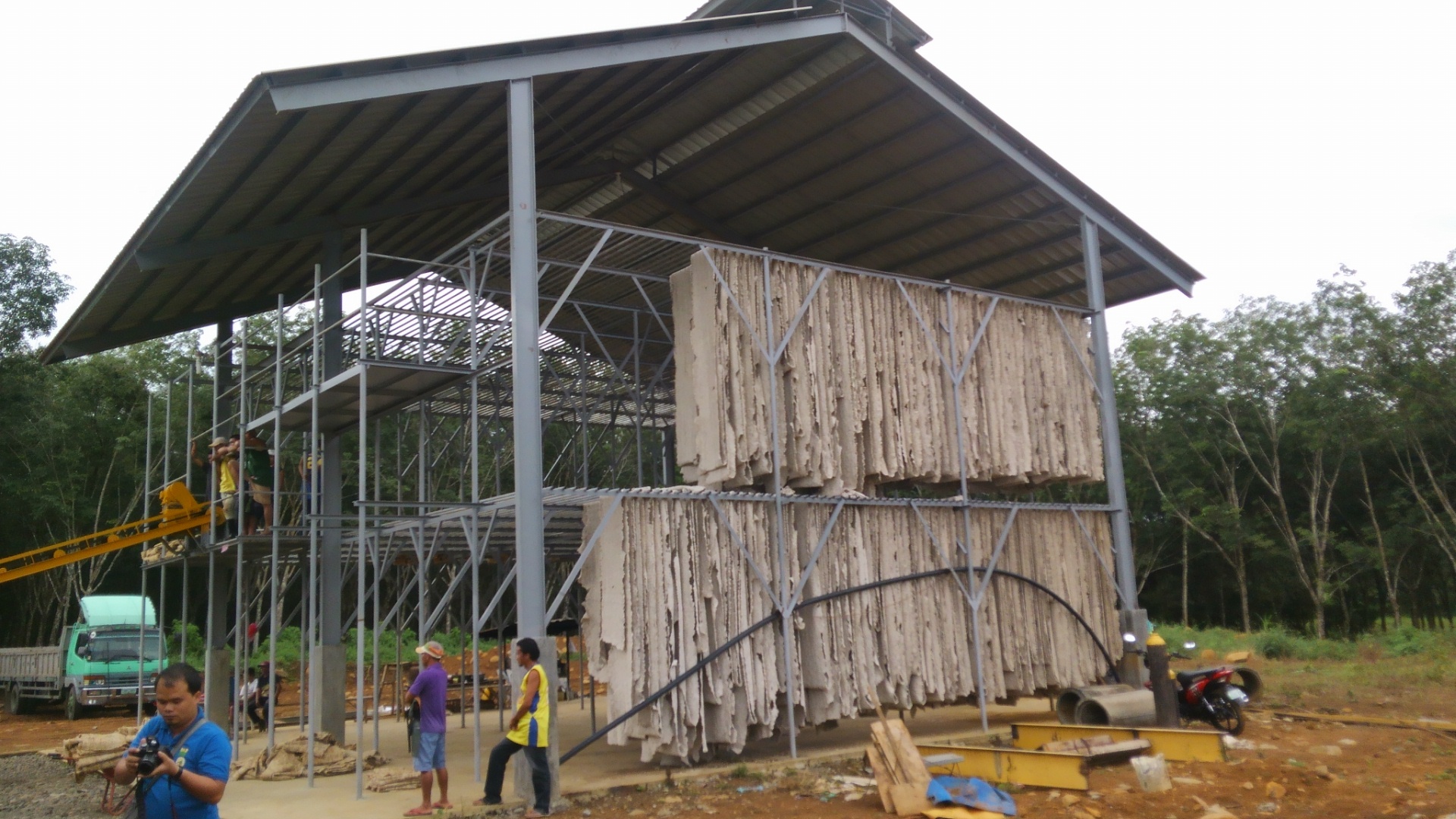
Embassy of Japan’s First Secretary Kenji Terada, together with JICA’s Senior Representative Yuko Tanaka, Department of Agrarian Reform Secretary Rafael Mariano, North Cotabato Province Governor Emmylou Mendoza, Banisilan Municipal Mayor Jesus Alisasis, and around 300 farmer-beneficiaries, led the turnover ceremony of the Banisilan Rubber Production, Processing and Marketing Enterprise under “The Mindanao Sustainable Agrarian and Agriculture Development (MinSAAD)”, in the Municipality of Banisilan, North Cotabato Province on August 3, 2016. These facilities were components of the project under MinSAAD, which was funded through Japan’s Official Development Assistance program. The total loan support for this project amounts to Six Billion Sixty Three Million yen (¥6,063,000,000), equivalent to Two Billion Six Hundred Thirty Six Million pesos (PHP2,636,000,000)※1.
The Banisilan Rubber Production, Processing and Marketing Enterprise aims to expand rubber production area to 2,200ha and produce 696 metric ton rubber crumb or PHP 36.9 million annual sale.
MinSAAD as part of J-BIRD※2, aims to improve farm efficiency, mobility of farm products and commercial goods, and enhance the quality of life of farmers. In previous years, farmers used to the majority of harvests in these areas focused on corn. Through this program, the rubber facilities will benefit and empower the farmers and their families with increased income from rubber production, generate livelihood opportunities as well as improve the farmers’ income and economic status in Banisilan and the surrounding municipalities.
※1 Exchange rate: 2.3 yen/ peso
※2 Since 2006, Japan has been intensively implementing ODA projects for conflict affected areas in Mindanao, collectively called J-BIRD (Japan-Bangsamoro Initiative for Reconstruction and Development). The total J-BIRD budget is over 2 billion US Dollars. Furthermore, during President Aquino’s state visit to Japan and the summit meeting on June 2015, Japanese Prime Minister, Mr. Shinzo Abe, expressed his support for efforts by the Government of the Philippines to secure enduring peace in Mindanao, and stated that the Government of Japan will promote the J-BIRD II (Note), in view of the establishment of a new autonomous political entity.
(Note: A new phase of the J-BIRD that will focus more on ensuring economic autonomy in the Bangsamoro Area).
The Banisilan Rubber Production, Processing and Marketing Enterprise aims to expand rubber production area to 2,200ha and produce 696 metric ton rubber crumb or PHP 36.9 million annual sale.
MinSAAD as part of J-BIRD※2, aims to improve farm efficiency, mobility of farm products and commercial goods, and enhance the quality of life of farmers. In previous years, farmers used to the majority of harvests in these areas focused on corn. Through this program, the rubber facilities will benefit and empower the farmers and their families with increased income from rubber production, generate livelihood opportunities as well as improve the farmers’ income and economic status in Banisilan and the surrounding municipalities.
※1 Exchange rate: 2.3 yen/ peso
※2 Since 2006, Japan has been intensively implementing ODA projects for conflict affected areas in Mindanao, collectively called J-BIRD (Japan-Bangsamoro Initiative for Reconstruction and Development). The total J-BIRD budget is over 2 billion US Dollars. Furthermore, during President Aquino’s state visit to Japan and the summit meeting on June 2015, Japanese Prime Minister, Mr. Shinzo Abe, expressed his support for efforts by the Government of the Philippines to secure enduring peace in Mindanao, and stated that the Government of Japan will promote the J-BIRD II (Note), in view of the establishment of a new autonomous political entity.
(Note: A new phase of the J-BIRD that will focus more on ensuring economic autonomy in the Bangsamoro Area).
